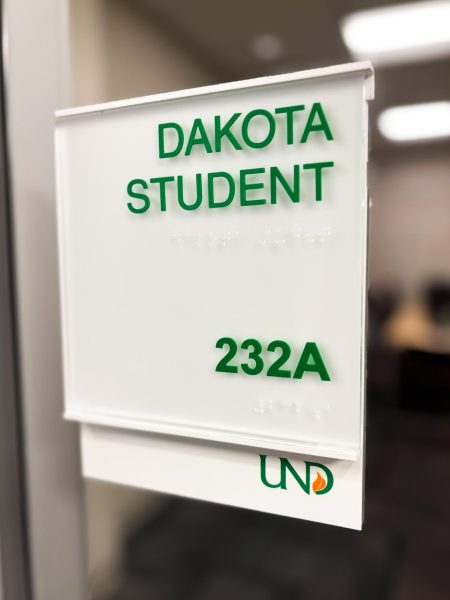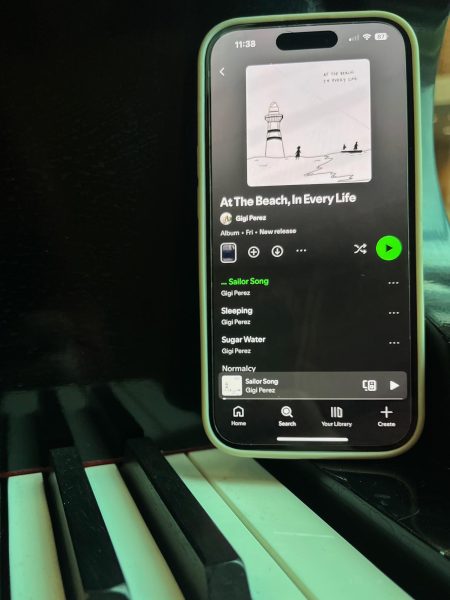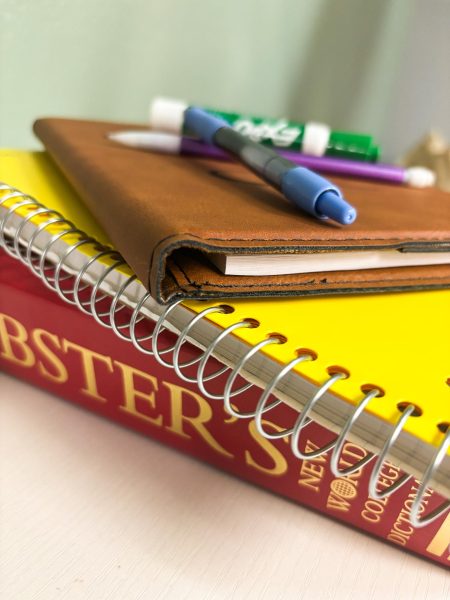Suicide is serious, preventable
Suicide education should focus on prevention, taboo-breaking.
Image courtesy of Suicide Prevention Lifeline.
Last week, a friend of my family committed suicide.
I had only met her a couple times, but my mother and father worked with her frequently at their church. Pretty much everyone knew her, though only those closest to her were aware she was struggling.
For the past week, I’ve been on the phone with my mother trying to make sense of this. My father and I grieve similarly — quietly and by ourselves.
My mother, on the other hand, reaches out to others and needs to talk about her feelings. I didn’t know the woman well, but my mother still reached out to me. I’m not grieving; I’m sad that this happened, but I didn’t know her well enough to feel the immense weight of losing a loved one.
It worked out that I could be there for my mother while she tried to make sense of the events from the past week.
Suicide is a hard topic to talk about, so before I go on, I’d like to make a couple of disclaimers. I am not trying to figure out why she did it or what would have stopped her. I am not speculating on the morality of the act of suicide. I am discussing the aftermath, the reaction of those who are left behind.
Over the past week, I’ve been amazed at how many people this death has affected. Everyone in the little community of Hendricks, Minn., it seems, knew her.
I’ve always been amazed at how many people we each know and touch. This doesn’t make each of us “famous,” but it does remind us that humanity is a network of connections. Our actions have ramifications that affect others, for better or worse. We often don’t realize just how much a simple act can impact another near-stranger and, even more so, those we know.
I say this because there’s a whole community in mourning back home consisting of people like me who barely knew her.
In a way, this makes me angry. Part of me wonders why none of us asked her if she was OK.
I realize this is a fruitless question. As I said before, only those closest to her knew anything was going on. Every time I saw her, she was wearing a big smile. I keep reminding myself and my mother there are no clear cut answers here.
Really, the only thing I can do, besides support those who are grieving, is spread the word — help is out there. Suicide should not be something bad to talk about; making suicide taboo only pushes those who need help farther away from those who can give it.
If you know someone is hurting, talk to them. If you are hurting, talk to someone.
The university has a great resource for this: The University Counseling Center. The staff is well trained, and sessions are free to students.
As I said before, humanity is a system of networks. Utilization of these networks can save a life, whether it’s yours or a friend’s.
There is no silver lining to this woman’s death. There is a family who is now missing a part of itself. There is a community missing a smile. Nothing about this is good, let alone “silver.” The only thing that can be done is to try to move on. This does not mean forgetting those who’ve gone, but it does mean focusing on those who are still here.
If you’re hurting, please, please seek help. Tell a friend. Speak to a counselor. Call a hotline. Reach out. It may seem hopeless now, but I promise you it isn’t.
If you suspect a friend is considering hurting themselves — or is just hurting in general — don’t stay silent. Speak up. Speak out. These thoughts are not just something to be swept under the rug and hidden. The more suicide can be talked about and made less taboo, the easier it will be for those who need help to find it before it’s too late.
Kjerstine Trooien is a staff writer for The Dakota Student. She can be reached at kjerstine.trooien@my.und.edu.






